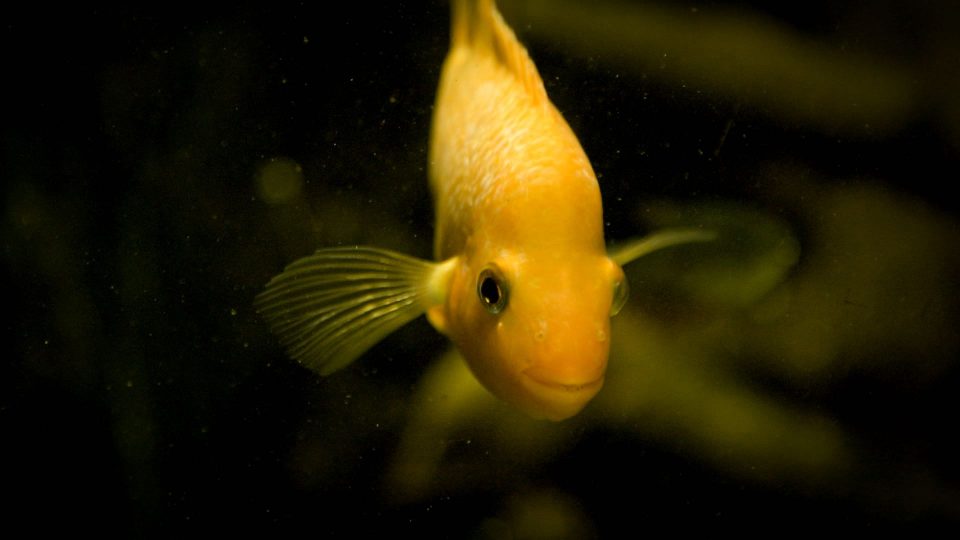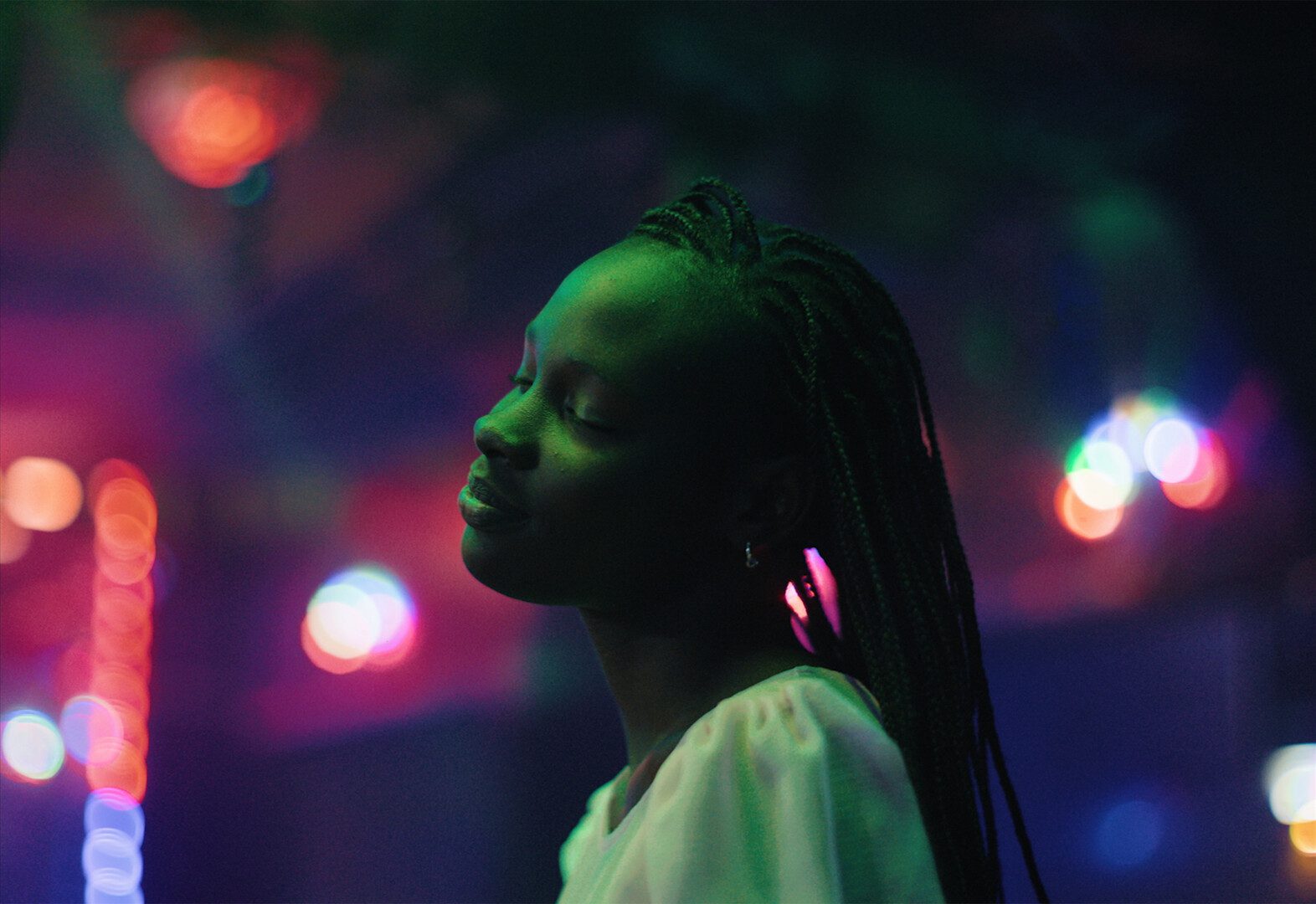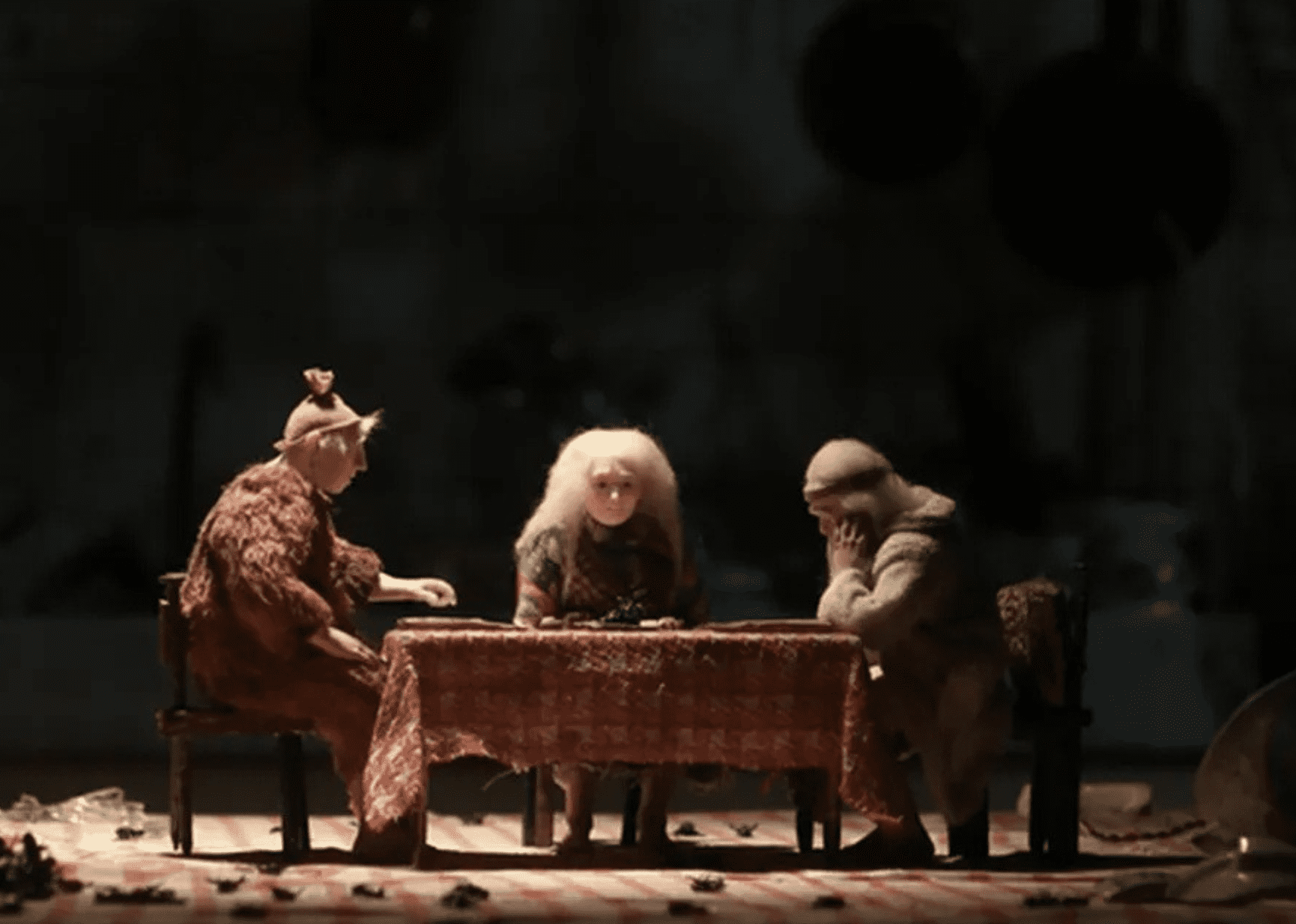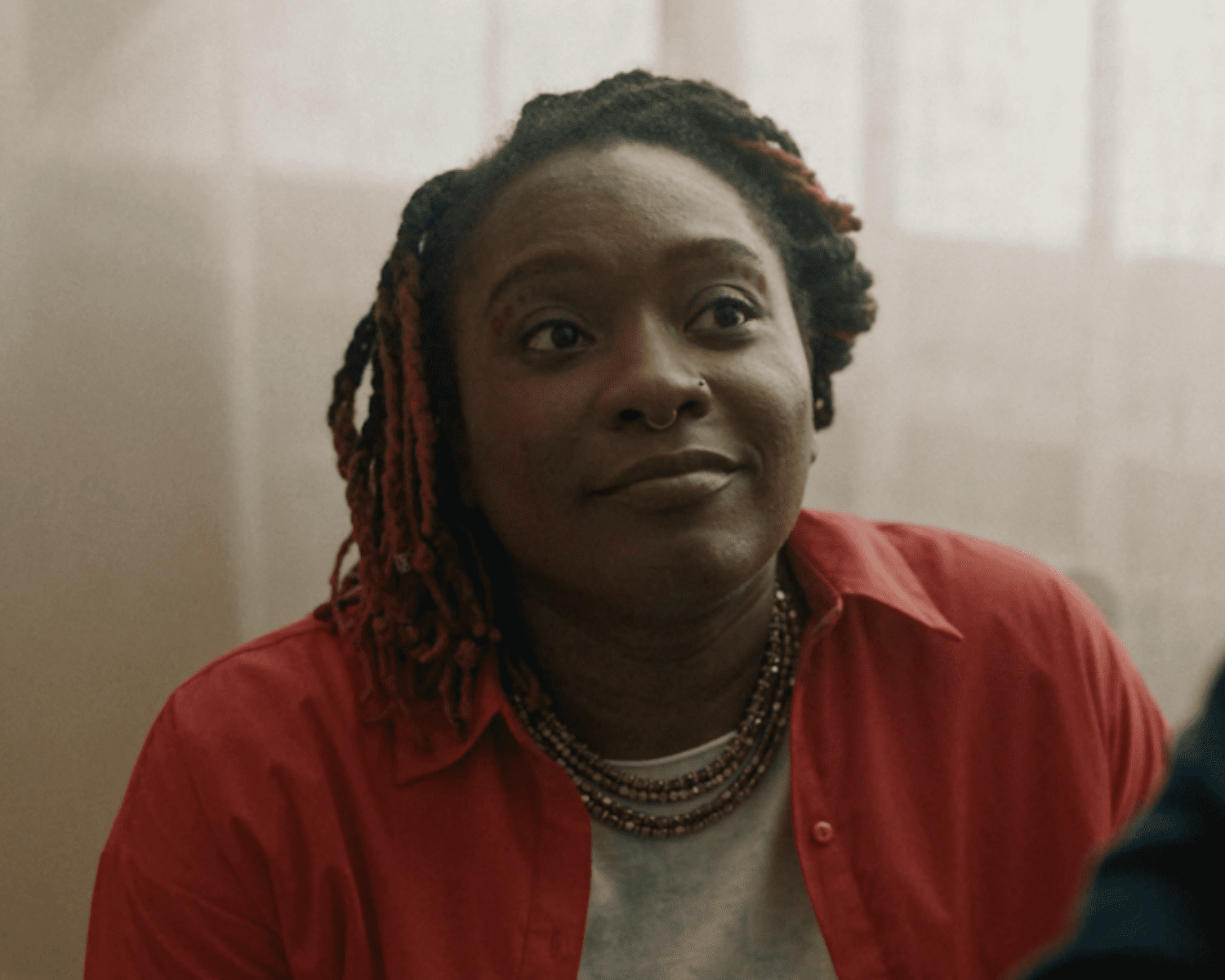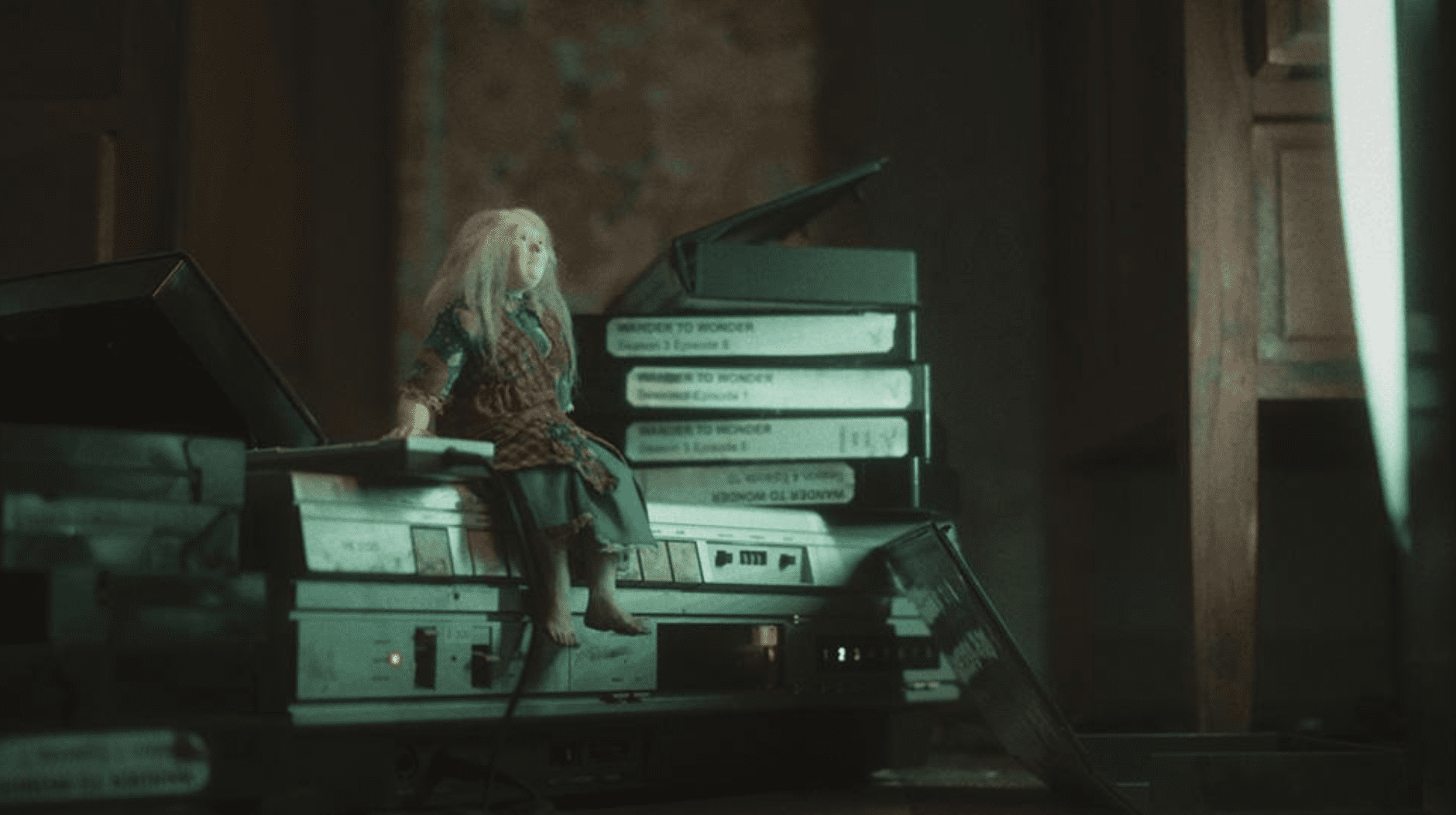The Art of Documentary
Interview with Duncan Cowles
Duncan Cowles is a BAFTA Scotland Award winning documentary filmmaker whose work has played at multiple festivals around the globe – including Aesthetica Short Film Festival. This week, Bertha DocHouse Short Filmmaker Focus: Summer Series in London takes a deep dive into his work, hosting a live Q&A and screening of Taking Stock, Isabella and Alexithymia. We spoke to the director ahead of the event.
ASFF: How did you get involved with Bertha DocHouse’s Summer Series?
DC: I got asked by one of the programmers, Sean Parnell. It came as an e-mail out of the blue! The series began with a showcase of ASFF alumnus Roxy Rezvany’s work and will finish with filmmaker Kate Thornhill on 20 July. For my screening and discussion, Taking Stock, Isabella and Alexithymia are showing. These are almost three different types of short documentary film, which is interesting in itself.
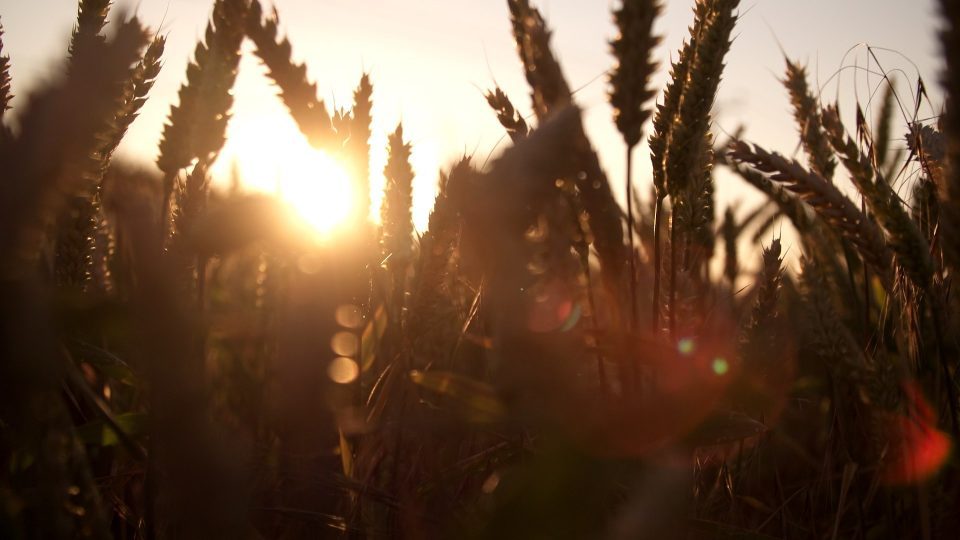
ASFF: How do Taking Stock, Isabella and Alexithymia demonstrate the breadth of short form documentary filmmaking?
DC: All these films were actually made quite close together, but they are all very different. It was a time when I was experimenting with a lot of different approaches and styles. Isabella was a kind of a co-direction with my friend, animator Ross Hogg. We combined efforts and didn’t quite know where we were going with it, but it ended up being one of the more successful films at festival and awards. With Alexithymia, I really wanted to push the boundaries of what an audience would be into. I wanted to do something that was a bit more experimental compared to some of the other stuff I’ve done. By the time I made Taking Stock, I was trying to get back to something. I’m always keen to uplift audiences and I don’t think Alexithymia did that. Taking Stock was a bit funnier, but also raw and honest.
ASFF: Taking Stock deals with the frustrations of being a documentary filmmaker. Was the film a reflection of your experiences in the industry?
DC: Yes, Taking Stock draws on things I was going through for years up to, and after, the point of making the film. These are experiences that are shared by a lot of documentary filmmakers.
Filming stock footage, which features in the short, was something I genuinely tried to do to earn some extra money – it didn’t start off as a film idea. I tried it for a couple of months but it didn’t go very well. I’d told so many people about it, with the expectation that it would be a success, that I kept being asked: ‘how is the stock footage thing going?’ and then I had to tell them: ‘I’ve only sold this one clip of a frog.’ People found that so funny, just conversationally, that it clicked in my head – maybe there’s an opportunity to use what I’m already making to tell this story to people.
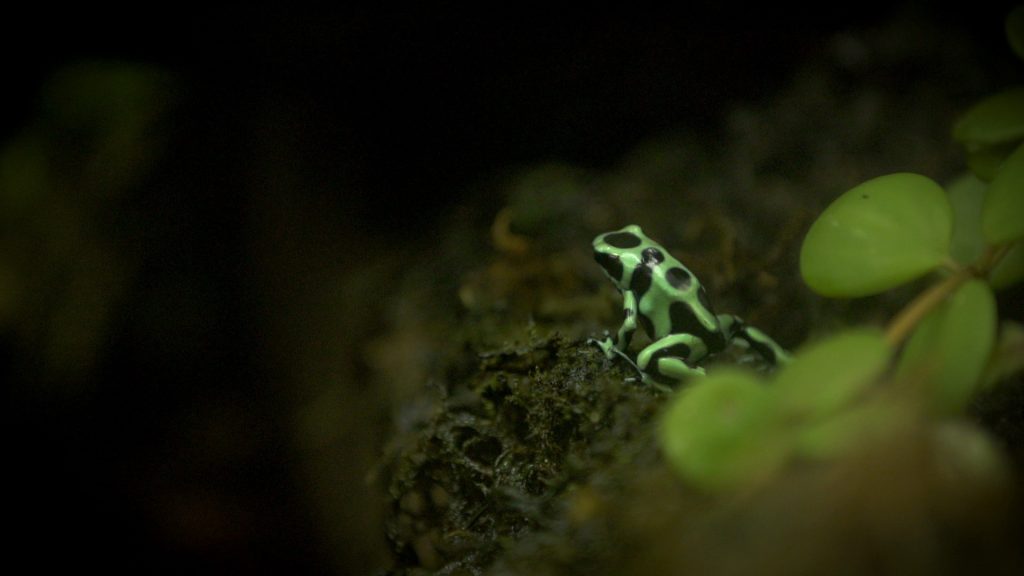
ASFF: Who are your biggest filmmaking influences?
DC: Nick Broomfield was a big influence when I was at art school. I was shown a lot of his work and it has influenced me over the years, especially interweaving the filmmaking and using the director as a character. It is great to show what goes wrong rather than making a polished, slick Netflix documentary that, for one, I probably wouldn’t be as good putting together, but also, just isn’t real.
There’s also an American filmmaker called Alan Berliner who has made six or seven feature documentaries. They’re all really personal. I didn’t realise you could make films about your own family and people would watch them. I thought it was really interesting when I first saw documentaries like this.
I’m also a big fan of Werner Herzog. I really like how he deconstructs the filmmaking process and he’s quite funny with it, especially with his deadpan voiceover. In a similar way, Louis Theroux and his screen persona also influences my filmmaking. Although he’s not necessarily the director of his TV programmes, he really throws himself into these subcultures and environments. I remember thinking at school: ‘that would be a great life…’ until I really understood how it all worked!
ASFF: What are you working on next?
DC: I’ve had some success with BBC Scotland and Scary Adult Things. The six-part series came out last year and launched me into the TV world a bit more. Hopefully, there’ll be more commissions like that to come. I’ve also been working on a feature documentary for about five year. It has taken much longer than it should, but that seems to be common. It’s all filmed so the next step is working out what the story is, and if there’s also a hidden narrative. It’s a personal film about trying to get better at opening up to my family – a difficult subject!
Bertha DocHouse’s Short Filmmaker Focus: Summer Series runs until 20 July.
Words: James Mottram




